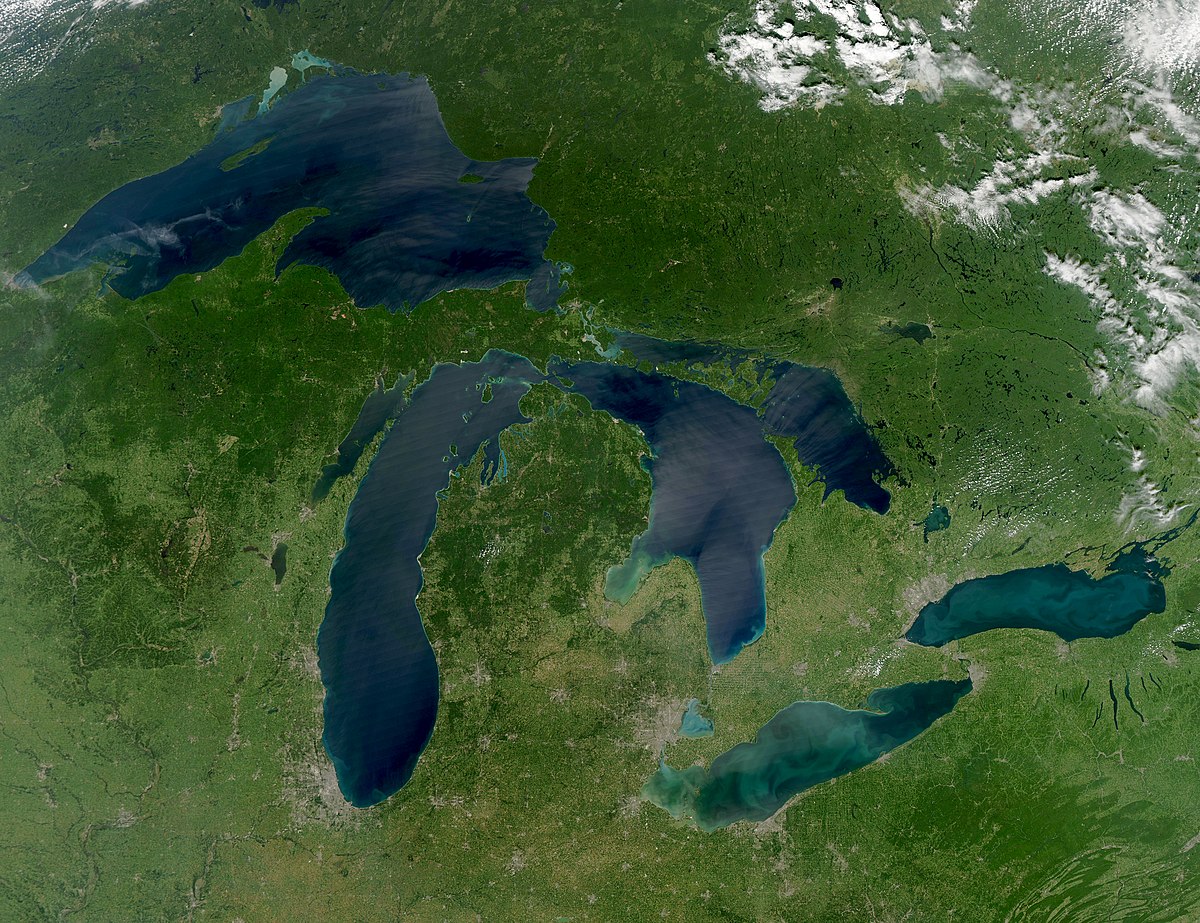The Great Lakes, a significant source of fresh water, are unfortunately facing a severe pollution crisis. This pollution is a result of several factors that have compounded over the years.
Advertisement
One of the primary sources of pollution in the Great Lakes is industrial waste. The lakes are surrounded by numerous industries that discharge their waste into the water bodies. This waste often contains harmful chemicals that can contaminate the water and harm aquatic life.

Agricultural runoff is another significant contributor to the pollution in the Great Lakes. Fertilizers and pesticides used in farming often find their way into the lakes through runoff. These substances can cause eutrophication, a process where excess nutrients lead to dense growth of plant life, especially algae, and the subsequent death and decay of these organisms deplete oxygen levels in the water, leading to the death of fish and other aquatic life.
Advertisement
Untreated sewage is another major issue. Many cities and towns around the Great Lakes still have combined sewer systems, which can overflow during heavy rain and dump untreated sewage directly into the lakes. This sewage can contain harmful bacteria and viruses, as well as nutrients that contribute to eutrophication.
Invasive species also contribute to the pollution problem. Species like the zebra mussel, which were introduced to the lakes accidentally, have proliferated and are causing significant harm to the local ecosystem. These mussels filter feed, removing substantial amounts of algae and other microscopic organisms from the water, which alters the water’s clarity and can affect other water-dwelling species.
Lastly, plastic pollution is a growing concern. Plastics can take hundreds of years to decompose, and in the meantime, they can break down into microplastics, tiny particles that can be ingested by wildlife and make their way up the food chain, potentially impacting human health.
In conclusion, the pollution of the Great Lakes is a complex issue with many contributing factors. It’s a problem that requires urgent attention and action from industries, agricultural sectors, communities, and policymakers alike. The Great Lakes are an invaluable resource, and preserving their health and biodiversity is of utmost importance for future generations.


Leave a Reply